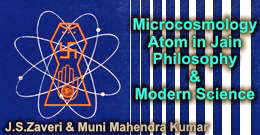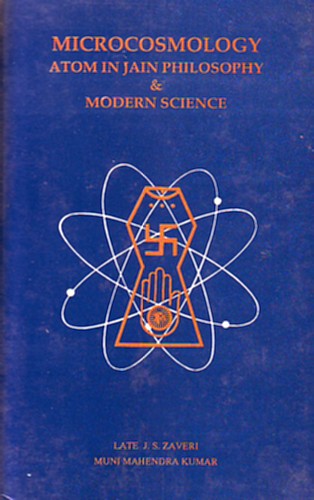
Jains assert that if philosophy is not to stultify itself in its mission to organize our thought and experience into an ordered whole, it must directly approach and study its character and behaviour free from preconceived bias. Dispassionate study reveals reality to be a synthesis of opposites - change and permanence, universal and particular - and we have no warrant to override the plain delivery of experience in deference to abstract considerations.
In this respect, the other Indian Philosophies, particularly Vedanta and Buddhism, are regarded as absolutists by the Jains. For instance, the Vedantists maintain that Reality is one universal existence and the multiplicity is only an illusory appearance called into existence by the inherent nascence of the percipient; on the other hand, the Buddhist Fluxists believe in atomic particulars, each absolutely different from the rest, and having nothing underlying them to bind them together. The Jains differ from them both, and maintain that the 'universal' and 'particular' are qualities, (and not substances), i.e. they are distinguishable traits in a substance (real). A real is neither a particular nor a universal in an exclusive (absolute) manner but a synthesis embracing both of them in its fold. A real is sui generis, and therefore, answers all demands of experience and all the requirements of thought. Thus, the Jains insist that the nature of reality must be determined in conformity with the evidence of experience, undeterred by abstract logic. Loyalty to experience and to fundamental concepts of philosophy alike makes the conclusion inevitable that absolutism is to be surrendered.
"Our Universe", emphatically assert the Jains, "must be an orderly whole or system. To be a system, it must most certainly be one. But again, because it is a system, it must be the expression of a single binding principle in and through a multiplicity of constituents (and not a medley of independent particulars as asserted by the fluxists). In practice, a thing is one or many according to the point of view from which it is looked at i.e. according to the purpose in the light of which it is studied. Not only must it be both - one and many, but it must be many precisely because it is many. Taking a further most important step forward, the Jains maintain that in the all embracing systematic whole, the unity and the multiplicity must be equally real, and each must be real through the other (and not an illusionary appearance as asserted by the Vedantists).
 Jethalal S. Zaveri
Jethalal S. Zaveri
 Prof. Muni Mahendra Kumar
Prof. Muni Mahendra Kumar

